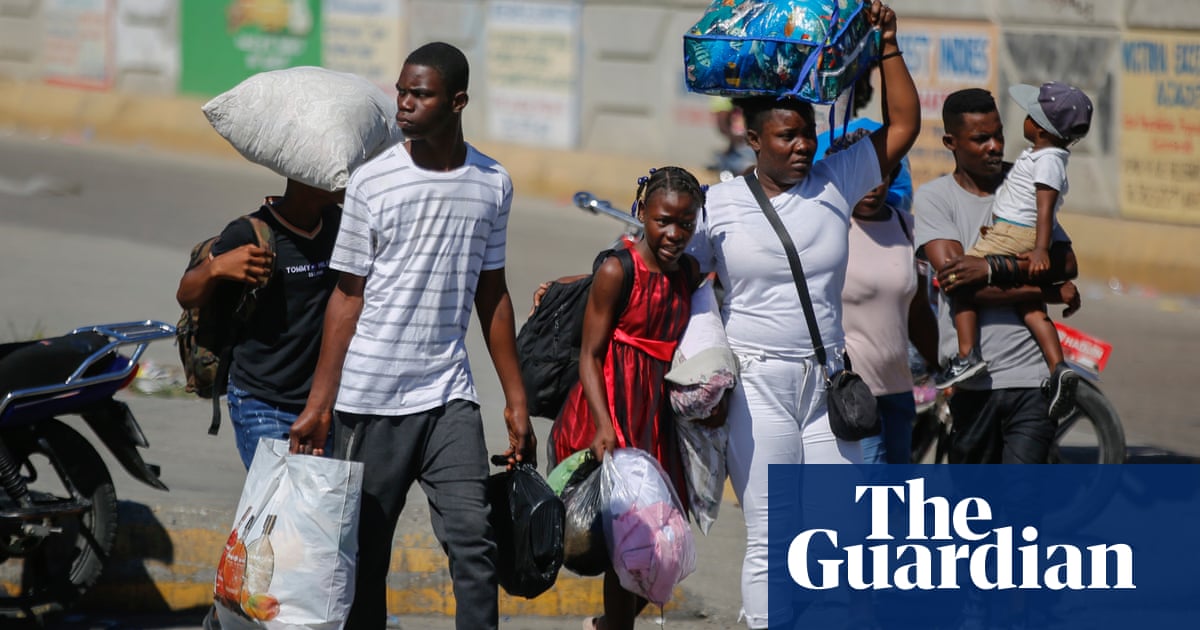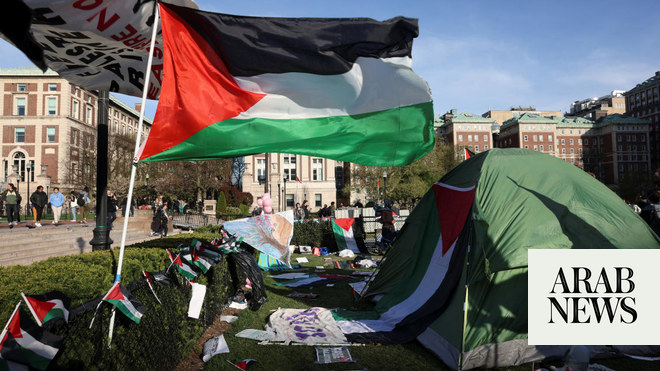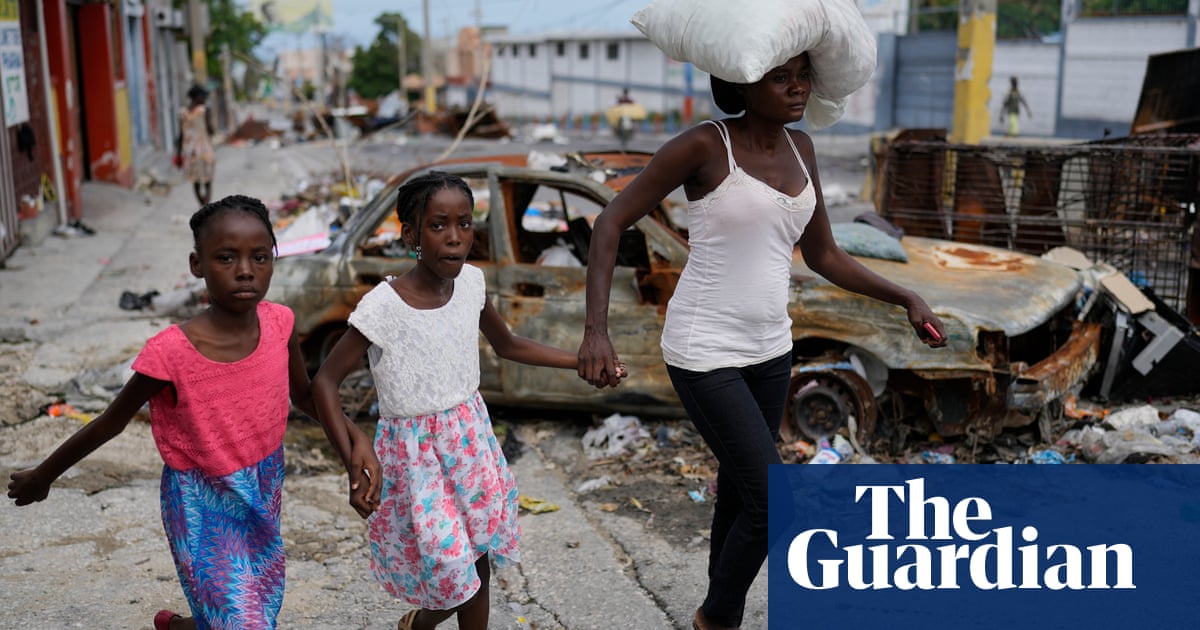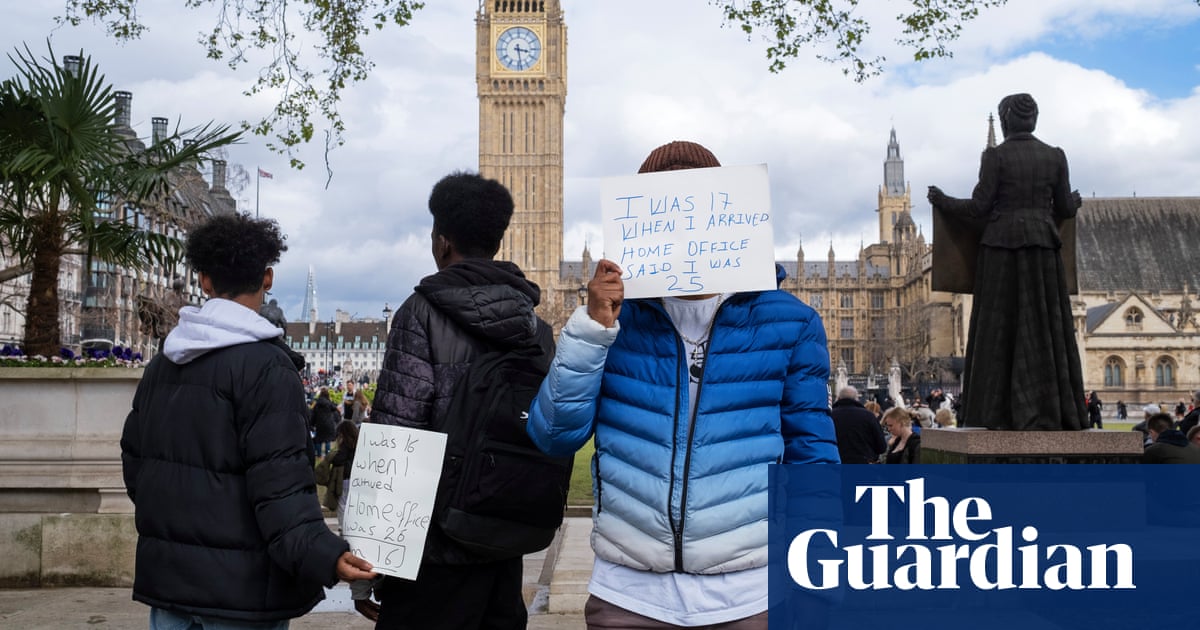
Rising gang crime in Haiti"s capital, Port-au-Prince is limiting access to education and is preventing thousands of children from going to school. Since 2020, gang-related violence has led to school closures, and children have become easy prey for gang recruitment.
Steve (not his real name) dreamed of becoming a schoolteacher when his life was turned upside down last year. Due to the upsurge in gang-related violence in his neighborhood, his school was closed, and the 15-year-old found himself roaming around on the streets, at the mercy of armed groups.
“I joined the gang in February 2021. They saw me walking and called me and asked me to work for them. There were other children like me.”
According to a report published by two local youth-focused organizations 13 percent of the children surveyed in one troubled neighborhood in the capital, Port-au-Prince, say they have been in direct or indirect contact with members of armed gangs as they tried to recruit them.
I’ll be killed if I leave the gang
They offer to pay the children a lot of money, while threatening to kill them if they don"t comply. “Every day, as soon as they send me to watch the police, they will pay me 1,500 or 2,500 Haitian gourdes ($15-25). They told me they"ll kill me if I don"t want to stay with them,” says Steve.
In 2021, clashes between rival armed gangs erupted in some urban areas of the capital Port-au-Prince. More than 19,000 people including 15,000 women and children have been forced to flee their homes due to acts of violence such as killings, kidnappings; hundreds of houses have been burned or damaged.
This year, the gang war has intensified. Since April 24, half a million children have lost access to education in Port-au-Prince where some 1,700 schools are closed, according to government figures.
Broken childhood
Steve led a peaceful life as a suburban child. He played with his younger brother and two younger sisters, and thoroughly enjoyed his childhood with his grandmother.
“I used to ride my bike, play video games and watch movies until dark. Sometimes, I went to fetch water for my grandmother and I also cleaned the house,” he recalled.
Violence is impacting an increasing number of schools and has shattered the dream of many children. An education ministry assessment between April and May 2022 of 859 schools in Port-au-Prince revealed that 31 percent of had been attacked, and over 50 had closed their doors to students.
A large number of schools have been occupied by gangs or are serving as temporary accommodation for families displaced by violence.
The number of students in classes has fallen from 238,000 at the start of the gang crisis in April to 184,000 now.
Child rights violations
Violence, school closures and idleness lead inexorably to the enrollment of children into armed groups.
“There are always shootings where I live and often people cannot get out. The schools are closed, and we are all abandoned in the streets. When you live on the street, you become a street child, and that"s what gets us into gangs,” said Steve.
“Giving children weapons to fight and using them as soldiers or spies is a violation to their child rights and condemned by both national and international laws,” said Bruno Maes, UNICEF Representative in Haiti.
“It saddens me that children who are willing to learn and teachers willing to educate cannot do so because they feel unsafe. Children must be able to attend school safely, play freely and enjoy being a child and given a chance to develop to their fullest potential.”
Steve has now been caught and is awaiting trial on charges related to his gang activity. While in detention, he is being helped by the UNICEF-supported Brigade for the Protection of Minors (BPM).
Haiti"s jailed children
• In 2021, more than 95 percent of incarcerated children in Haiti were in prolonged pretrial detention.
• BPM is working to ensure that he can benefit from laws that will ensure a timely judicial process.
• UNICEF has supported the creation of juvenile courts in West, South and North Departments. — UN News












